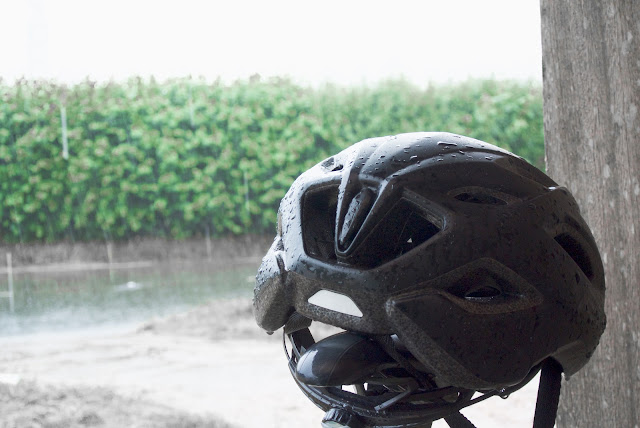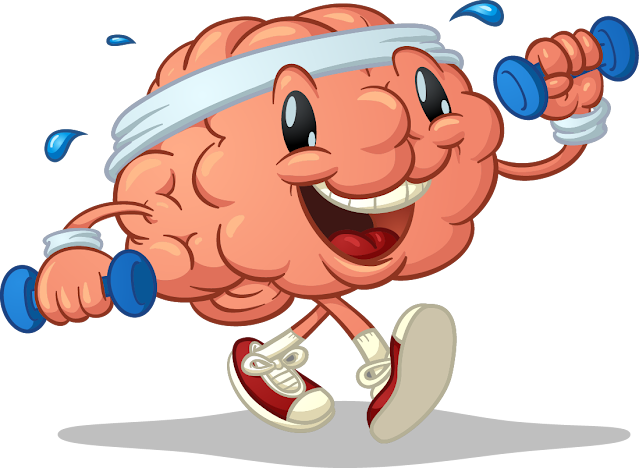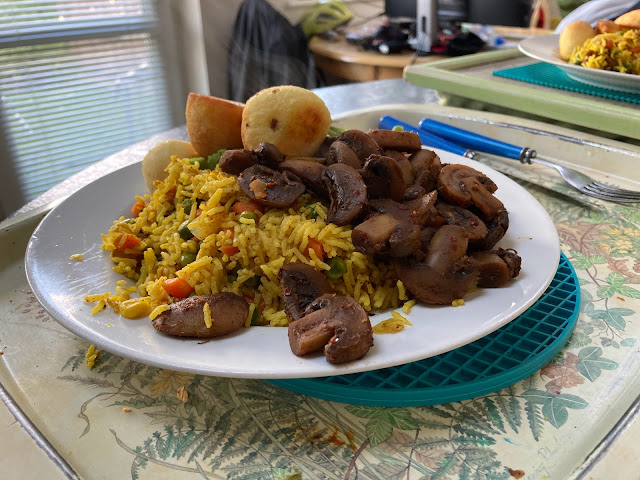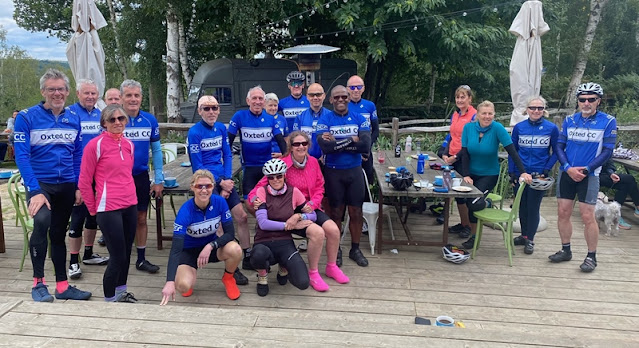
The last couple of weeks have been wet. I've gotten soaked more often than not. Is that a bad thing? Should it stop me riding?
The roads are slippery, you can't see potholes obscured by puddles, and there is a lot of debris that could be the cause of punctures.
I've written about the lack of good clothing before. The main problem is that you can quickly lose body temperature.
I have jackets, jerseys, gloves and shoes covers that promise a dry ride. Their cost varies but they all have one thing in common; they are at best only partially successful.
Some cause me to get so hot that I'm covered in sweat, so not much dryer than without them. Others just don't work. The better options do at least keep me warm, like a wetsuit does for divers. As long as I keep moving the layer of water next to my skin doesn't become a problem. If it's not too cold or windy I don't mind getting a bit wet.
Hands and feet are a bigger problem. Nothing keeps my feet dry, again the neoprene in the covers or socks means they don't get too cold. My hands can really suffer. I have to keep them dry. Gloves from Stolen Goat are the best so far until it becomes torrential. Spending more hasn't given better results.
The last affect of a downpour is when stopping at a cafe. I have to peel off soggy clothes and the owners aren't impressed with the water I bring in. A trail across the floor and a wet patch on the seat doesn't go down well. It's also when the cold can start to bite. I tend not to stop for these reasons, unless I know I can stay outside and be served quickly. A coffee certainy helps to ward off the cold and tiredness.
If there is likely to be ice about, I now stay inside. I haven't in the past and I've been very lucky; until this year. Riding on snow is fun for a while; unfortunately the slower pace means I can't stay warm, and it's easy to fall off.





